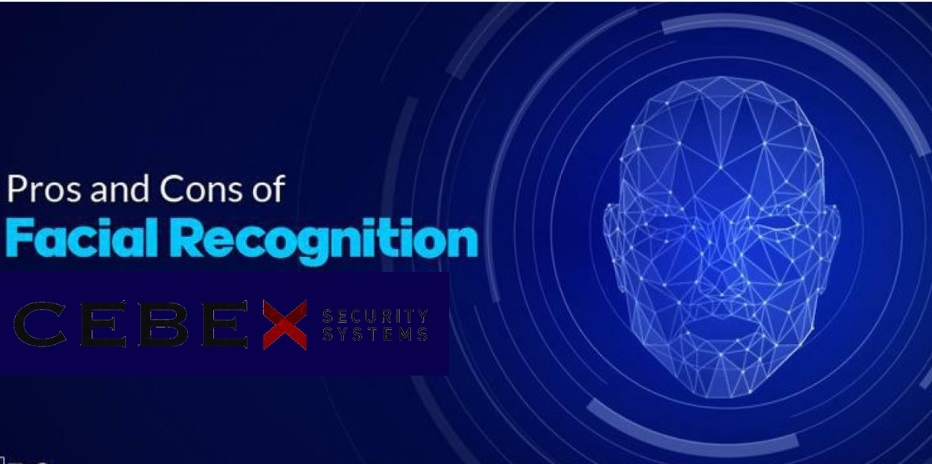
Facial recognition technology has emerged as a powerful tool in electronic security systems, offering enhanced access control and surveillance capabilities. However, it is crucial to recognize and address the privacy implications associated with this technology. Let’s delve into both sides of the argument to better understand its impact.
On one hand, facial recognition technology has undoubtedly contributed to improved security measures. It allows for efficient identification and verification, enhancing access control in various settings, such as airports, corporate offices, and public spaces. Its ability to quickly match faces against watchlists aids in identifying potential threats, enhancing public safety.
Additionally, facial recognition can assist in preventing identity theft and fraud by providing an additional layer of security. For instance, it can be integrated into banking systems to verify customer identities, minimizing the risk of unauthorized access to personal accounts.
It is, however, essential to consider the potential privacy concerns associated with facial recognition technology. Critics argue that its implementation could lead to mass surveillance and the erosion of individual privacy rights. There are concerns regarding the collection, storage, and use of facial data without explicit consent.
The indiscriminate use of facial recognition systems raises concerns about potential misuse and abuse. Facial data captured in public spaces could be used for tracking individuals’ movements, creating detailed profiles, and potentially infringing upon personal freedoms. There have been instances of false positives and misidentifications, leading to unwarranted consequences for innocent individuals.
Furthermore, there are concerns regarding the lack of transparency and accountability in the deployment of facial recognition technology. Clear guidelines and regulations regarding data retention, access, and sharing should be established to ensure responsible and ethical use.
Balancing security needs with privacy rights is crucial. It is imperative for organizations and policymakers to prioritize the development and adoption of privacy-preserving practices and technologies. This may include measures such as anonymization techniques, encrypted storage, and stringent access controls to safeguard facial data.
Additionally, public awareness and engagement are vital in shaping the future of facial recognition technology. Open discussions, public consultations, and the involvement of privacy experts can help establish frameworks that strike a balance between security and privacy.
It’s safe to say that facial recognition technology presents both benefits and challenges in the realm of electronic security systems. While it offers enhanced security and convenience, the potential privacy implications should not be overlooked. Striking the right balance requires responsible deployment, robust regulations, and continuous dialogue to ensure the protection of privacy rights while leveraging the advantages this technology offers.
#FacialRecognition #PrivacyRights #ElectronicSecuritySystems #SecurityTechnology #PrivacyImplications
